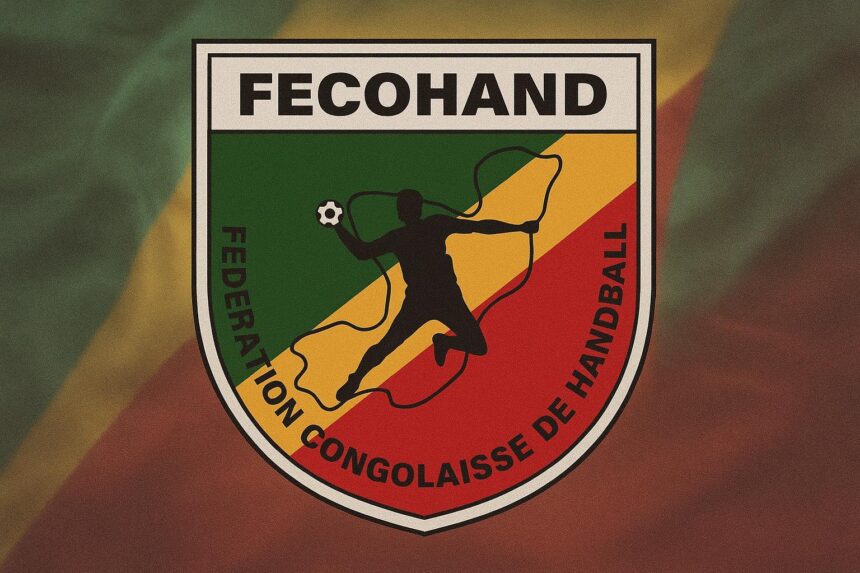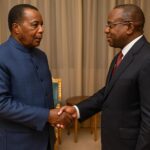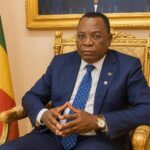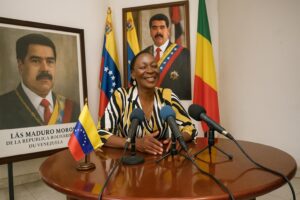Handball’s Elective Moment Returns to the Capital
Brazzaville, the city where African sport often writes decisive pages of its history, will once again host a crucial electoral rendez-vous on 16 August as the Fédération Congolaise de Handball convenes its elective congress. The Independent Electoral Commission, chaired by Tunisian jurist Mouadh Ben Zaied, issued a formal convocation that ends months of conjecture within the domestic sporting community. Athletes and administrators alike have greeted the announcement as the long-awaited signal that institutional normalcy is resuming after a cycle of pandemic-related disruptions and organisational recalibration.
- Handball’s Elective Moment Returns to the Capital
- Legal Architecture Anchored in International Statutes
- Gender Parity: A Binding Clause, Not a Slogan
- A Compressed Calendar Intended to Forestall Litigation
- Stakeholder Reactions Signal Cautious Optimism
- International Oversight as a Confidence Multiplier
- Soft Power and National Branding through Sport
- A Delicate Balance between Competition and Continuity
- Toward August: Cautious Anticipation and Clear Metrics
Legal Architecture Anchored in International Statutes
The electoral framework leans on the statutes of the International Handball Federation and the Confédération Africaine de Handball, both of which encourage transparency and gender inclusivity. By adopting these provisions verbatim, Fécohand aligns itself with best practices applauded by UNESCO’s 2023 report on sports governance. Observers inside the Ministry of Sports note that such harmonisation strengthens Brazzaville’s credibility when bidding for continental events, a strategic objective set out in the National Sports Development Plan 2022-2026.
Gender Parity: A Binding Clause, Not a Slogan
Perhaps the most scrutinised clause in the convocation is the obligation for every executive list to include at least three women. This stipulation, advanced by CAHB’s Kigali Declaration on Women in Sport, has moved from rhetoric to enforceable rule. Should two lists reach a vote deadlock, the version containing more female candidates will prevail. Local coaches hail the provision as a decisive nudge toward broader representation, while some veterans caution that parity must be followed by meaningful portfolios rather than symbolic placements.
A Compressed Calendar Intended to Forestall Litigation
Candidature dossiers must be filed by 17h30 on 16 July, giving aspirants barely a month to build coalitions. The Commission will publish validated lists on 31 July, after which a succinct two-day window is allocated for appeals, culminating in final arbitration by 8 August. Such compression mirrors recent reforms within other African federations designed to reduce pre-electoral turbulence. Legal advisors contend that clear deadlines limit the scope for last-minute injunctions that could paralyse competition schedules.
Stakeholder Reactions Signal Cautious Optimism
Former national captain Clémence Okemba describes the roadmap as “a pragmatic compromise between ambition and realism”. Club presidents, speaking on condition of discretion, applaud the insistence on single-list participation per candidate, viewing it as a deterrent to opportunistic cross-camp bargaining. The United Nations Development Programme’s Brazzaville office, which co-funds grassroots handball clinics, indicates it will dispatch observers, citing sport’s value in community cohesion and youth employment.
International Oversight as a Confidence Multiplier
The presence of an IHF-mandated commissioner throughout the process offers an external guarantor against procedural drift. Similar oversight was instrumental during Morocco’s volleyball elections in 2022, a precedent frequently referenced by Fécohand’s legal unit. Analysts at the Institute for Security Studies argue that sports federations, though outside the classical security docket, contribute to societal stability when their leadership transitions avoid acrimony.
Soft Power and National Branding through Sport
Congo-Brazzaville has historically deployed sport as a vector of diplomacy, from the 1965 All-Africa Games to the 2015 African Games. A smoothly executed Fécohand election would reinforce the narrative of institutional maturity under President Denis Sassou Nguesso’s development agenda, complementing infrastructure projects such as the ongoing renovation of the Kintele sports complex. Regional partners take note: reliable governance in minor federations often foreshadows organisational competence in marquee tournaments.
A Delicate Balance between Competition and Continuity
While the electoral field remains fluid, insiders predict a contest between reform-minded technocrats and seasoned administrators. Whichever list prevails will inherit the imperative to revive domestic leagues, nurture youth academies and secure sponsorship in an increasingly tight financial environment. Success will depend less on campaign slogans than on the ability to marshal public-private partnerships, a lesson drawn from Senegal’s handball renaissance documented by the African Union Sports Council in 2023.
Toward August: Cautious Anticipation and Clear Metrics
As the 16 August congress approaches, the metrics for success appear straightforward: punctual dissemination of voter rolls, gender-balanced leadership slates and unanimous acceptance of final results. Should these benchmarks be met, Fécohand would project an image of resilience and forward momentum, feeding into the broader continental aspiration of leveraging sport for economic diversification. For now, the handball family waits, hopeful that the whistle blown in Brazzaville will resonate far beyond the court.




















